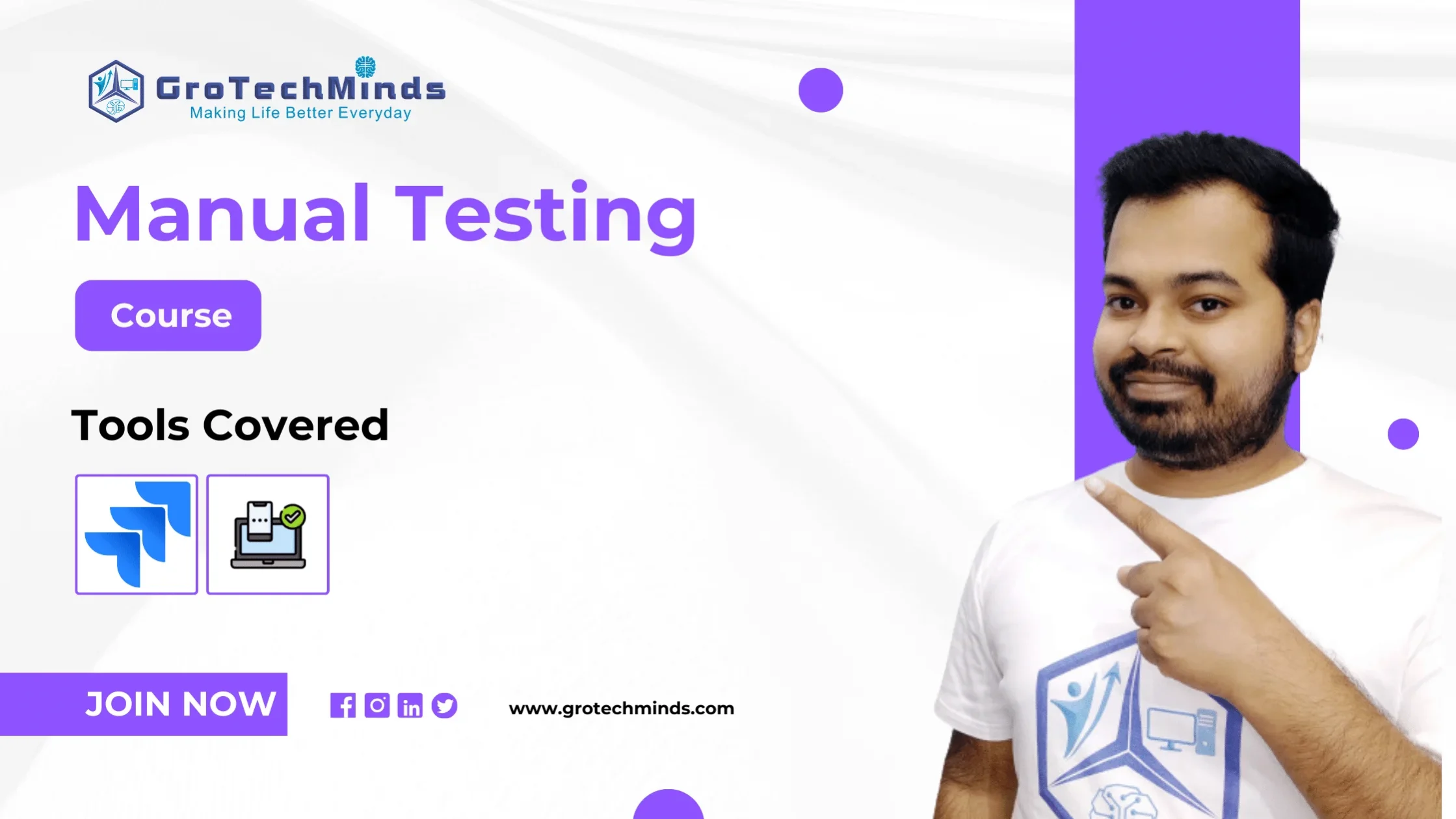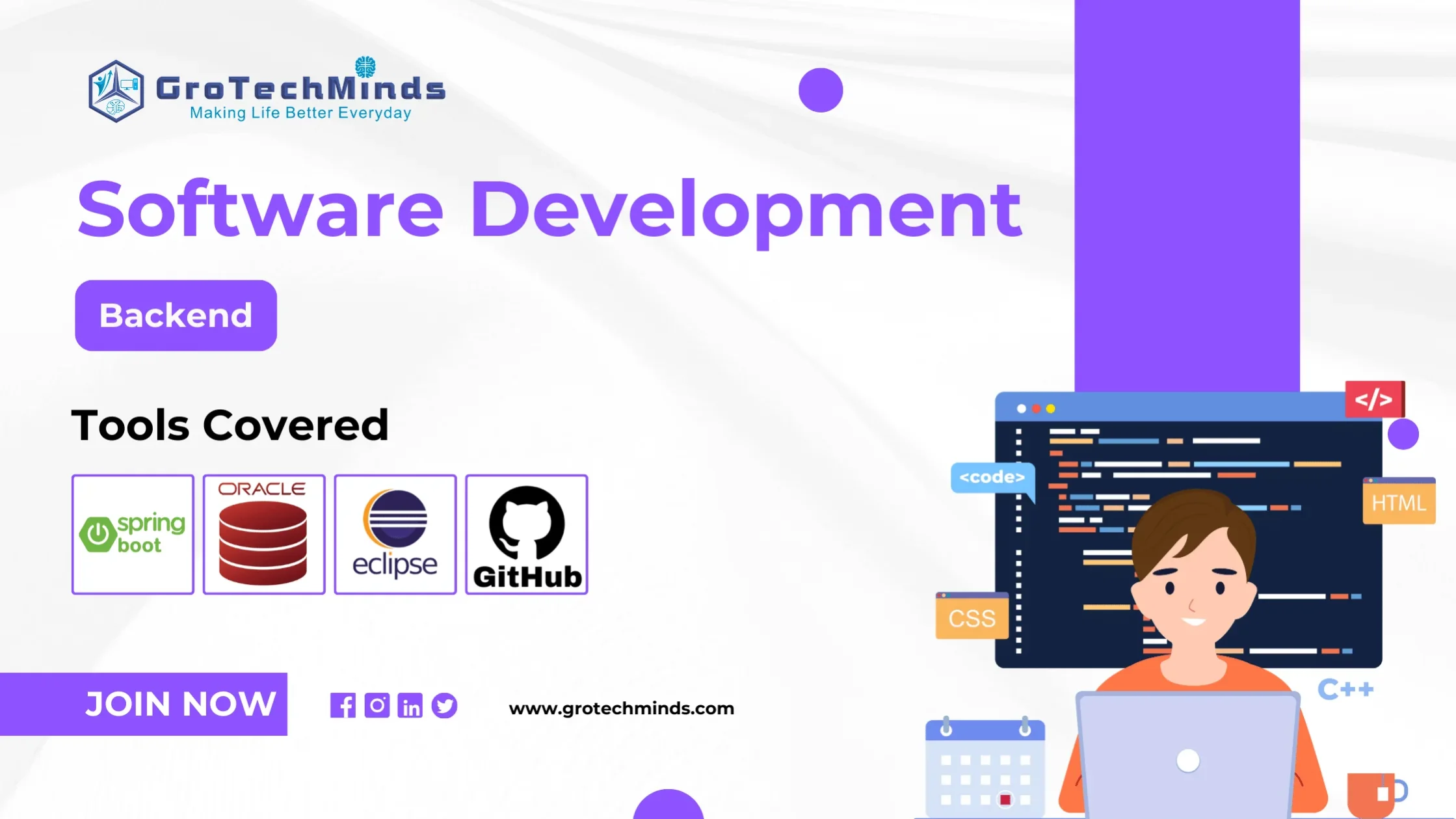

SEO Interview Questions
Are you getting worried as you prepare for an SEO interview? Remain calm; you are not by yourself. Although preparing for an SEO interview can seem overwhelming, you can succeed at it if you take the proper approach. We’ll walk you through some of the most often asked questions in SEO interviews in this article, along with some insights and advice to help you ace the next one. Together, let’s go on this adventure with a bit less fear!
1. What is SEO?
The process of improving a website to appear higher on search engine results pages (SERPs) is known as SEO, or search engine optimization. Gaining more organic (unpaid) visitors to the website is the aim. See search engine optimization (SEO) as a road map that makes it easier for search engines, such as Google, to find and rank your website higher than the millions of others that are out there.
Because SEO increases the visibility of your website, it attracts more visitors and increases the likelihood that leads will become paying clients. Consider SEO as the key to your website’s front door. Without it, your website is only another online persona.
3. Key Components of SEO
There are several key components of SEO that you need to be familiar with:
- Keywords
The words and phrases that users enter into search engines are known as keywords. SEO requires an understanding of the keywords that your target audience employs.
- Content
In SEO, content is king. Your audience can be drawn in and engaged via engaging, high-quality content, which will entice them to stay on your website longer.
- Backlinks
Backlinks are connections to your website made by other websites. They serve as testimonials, indicating to search engines that your material is reliable and valuable.
4. On-Page SEO vs. Off-Page SEO
- On-Page SEO
Optimizing your website’s content and structure is known as on-page SEO. This covers elements like as internal linking, meta descriptions, and title tags.
- Off-Page SEO
The goal of off-page SEO is to increase the authority of your website by obtaining backlinks from other reliable websites. Building a powerful online presence outside of your website is the key.
There are many tools available to help with SEO. Here are a few commonly used ones:
- Google Analytics: To monitor user activity and website traffic.
- SEMrush: For competition analysis and keyword research.
- Ahrefs: For site audits and backlink research.
- Moz: For advice and ideas on SEO.
6. Keyword Research
Finding and examining the terms that people use to search for information online is known as keyword research. Ubersuggest and Google Keyword Planner are two examples of the tools involved.
- Short-Tail vs. Long-Tail Keywords
Long-tail keywords are more specialized and have lower search numbers than short-tail keywords, which are more general. They are both significant for various reasons.
The practice of obtaining backlinks from other websites is known as link building. Using social media, establishing broken links, and guest blogging are all effective tactics.
- Guest Blogging
You can increase traffic to your website and obtain backlinks by writing articles for other websites in your sector.
- Broken Link Building
It can benefit both parties to identify broken links on other websites and offer your material as a substitute.
Technical SEO is improving the infrastructure of your website to make it easier for search engines to crawl and index it.
- Site Speed
A site that loads quickly can enhance the user experience and have a positive effect on your search rankings.
- Mobile-Friendliness
As the majority of queries are now conducted on mobile devices, it is imperative to have a mobile-friendly website.
- Organic Traffic
These are the visitors who arrive at your website via organic search results. This serves as an indispensable indicator of your SEO endeavors.
- Conversion Rate
The percentage of visitors who complete a desired action (like making a purchase) is another critical metric.
10. Local SEO
Local SEO is the process of optimizing your website to attract traffic from within the local area. This encompasses the optimization of your Google My Business profile and the acquisition of local hyperlinks.
- Google My Business
In order to achieve success in local SEO, it is essential to claim and optimize your Google My Business listing.
SEO and content marketing are inextricably linked. Your search rankings can be enhanced and a greater number of visitors can be attracted by high-quality content.
- Blogging
By consistently providing your audience with valuable content, you can maintain their interest and encourage them to return for more.
- Video Content
Video content can also enhance your search engine optimization, particularly in light of the proliferation of platforms such as YouTube.
12. Mobile SEO
Mobile optimization It is essential to ensure that your website is mobile-friendly and offers a satisfactory user experience on all devices in order to optimize your search engine optimization.
- Responsive Design
Responsive design guarantees that your website is visually appealing and operates smoothly on all devices, including smartphones and desktops.
SEO is perpetually changing. Maintaining awareness of the most recent developments can provide you with a competitive advantage.
- Voice Search
The importance of optimizing for voice search is growing as a result of the proliferation of virtual assistants such as Siri and Alexa.
- AI and Machine Learning
The future of SEO is being shaped by AI and machine learning, which will assist to improve and personalize search results.
Time and effort can be greatly reduced by avoiding typical SEO errors.
- Keyword Stuffing
Stuffing your material with too many keywords will hurt rather than help your SEO. Go for readable, organic content.
- Ignoring Analytics
You won’t know what is and isn’t working if you don’t track your SEO performance. To keep track of your progress, use programs like Google Analytics.
Be ready to talk about your experience, your familiarity with SEO tools, and how you handle typical SEO problems when you go into an SEO interview.
- Practice Common Questions
To increase your confidence, go over and practise responses to frequently asked questions in SEO interviews.
- Showcase Your Work
Prepare to give specific instances of your previous SEO endeavors and their results.
Also Read : Digital Marketing Interview Questions
In order to prepare for an SEO interview, it is necessary to have a thorough awareness of the industry’s numerous components. SEO is an interesting and dynamic field. There are several topics to address, including link development, content marketing, technical SEO, and keyword research. You can almost guarantee that you’ll ace your next SEO interview by becoming familiar with the subjects covered in this tutorial.
On-page SEO is improving your website’s content and architecture, and off-page SEO is concentrating on increasing the authority of your website through backlinks from other websites.
When other websites vote for your content, it sends a signal to search engines that it is reliable and valuable. This can raise your page ranks.
Moz, Ahrefs, SEMrush, and Google Analytics are examples of common SEO tools. Researching keywords, analyzing backlinks, and monitoring website performance can all be aided by these tools.
The secret to mobile optimization is making sure your website loads quickly, has an adaptable design, and offers a positive user experience across all platforms.
Keyword stuffing, ignoring analytics, and not adopting the most recent SEO trends are examples of common SEO errors. Aim for readable, organic material, and keep an eye on your SEO progress on a frequent basis.
Consult Us


















